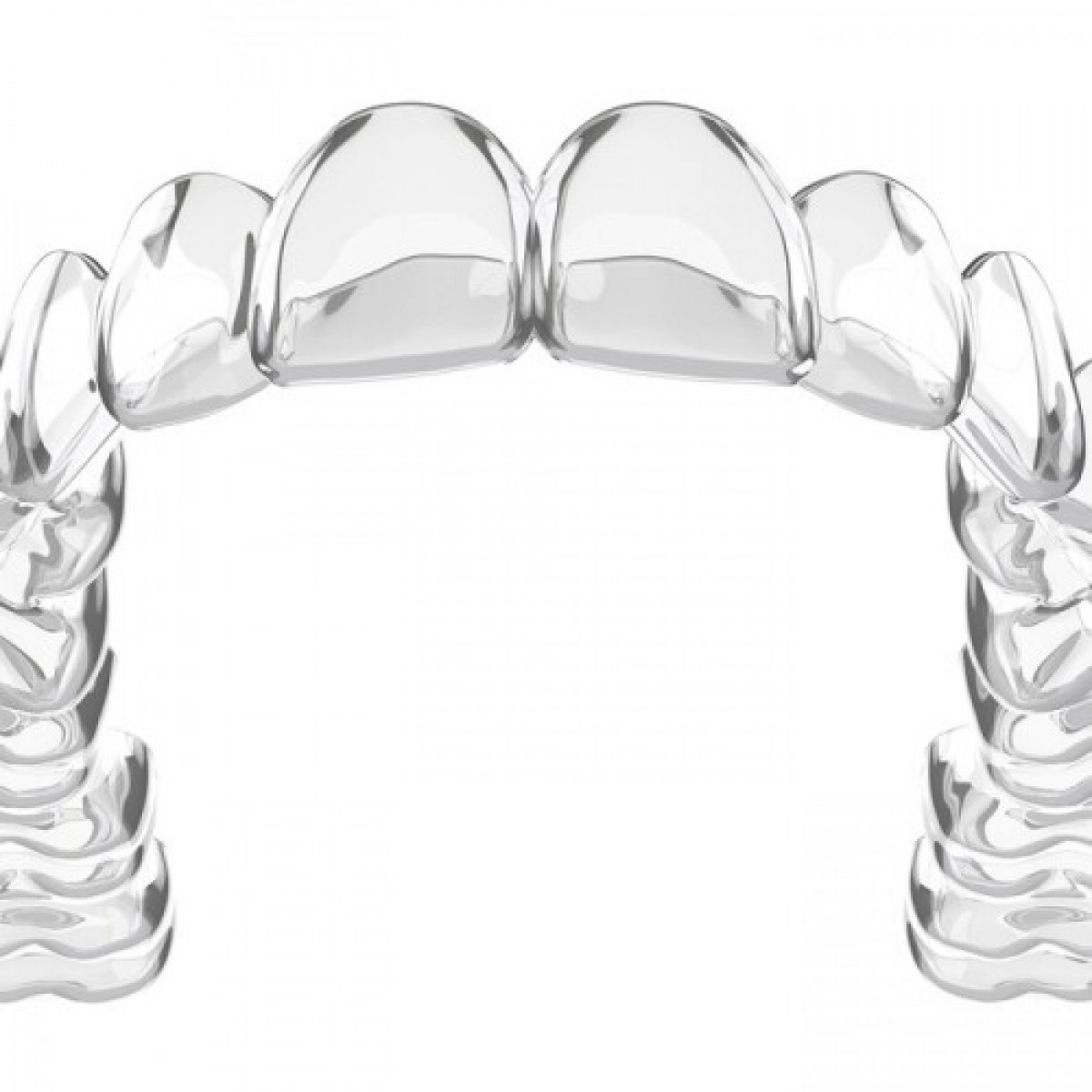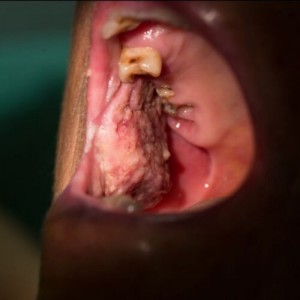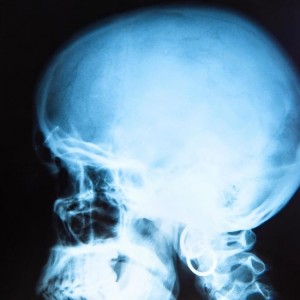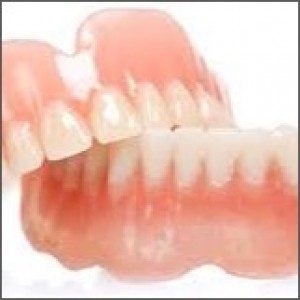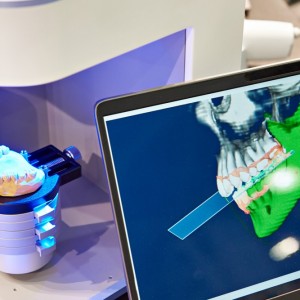
Records needed for orthodontic diagnosis and treatment planning: a systematic review
Background
Traditionally, dental models, facial and intra-oral photographs and a set of two-dimensional radiographs are used for orthodontic diagnosis and treatment planning. As evidence is lacking, the discussion is ongoing which specific records are needed for the process of making an orthodontic treatment plan.
Objective
To estimate the contribution and importance of different diagnostic records for making an orthodontic diagnosis and treatment plan.
Data sources
An electronic search in PubMed (1948–July 2012), EMBASE Excerpta Medica (1980–July 2012), CINAHL (1982–July 2012), Web of Science (1945–July 2012), Scopus (1996–July 2012), and Cochrane Library (1993–July 2012) was performed. Additionally, a hand search of the reference lists of included studies was performed to identify potentially eligible studies. There was no language restriction.
Study selection
The patient, intervention, comparator, outcome (PICO) question formulated for this study was as follows: for patients who need orthodontic treatment (P), will the use of record set X (I) compared with record set Y (C) change the treatment plan (O)? Only primary publications were included.
Data extraction
Independent extraction of data and quality assessment was performed by two observers.
Results
Of the 1041 publications retrieved, 17 met the inclusion criteria. Of these, 4 studies were of high quality. Because of the limited number of high quality studies and the differences in study designs, patient characteristics, and reference standard or index test, a meta-analysis was not possible.
Conclusion
Cephalograms are not routinely needed for orthodontic treatment planning in Class II malocclusions, digital models can be used to replace plaster casts, and cone-beam computed tomography radiographs can be indicated for impacted canines. Based on the findings of this review, the minimum record set required for orthodontic diagnosis and treatment planning could not be defined.
Authors: Robine J. Rischen,K. Hero Breuning,Ewald M. Bronkhorst,Anne Marie Kuijpers-Jagtman
Source: https://journals.plos.org/
 Related articles
Related articles
Obesity can increase a person’s risk of developing periodontal disease, and patients with obesity have greater health care costs. However, the effect of obesity on periodontal treatment costs has...
News 28 February 2023
As part of the agreement, PDS will roll out Epic at High Point University, provide the onboarding and training for the platform, and maintain ongoing support services.
News 26 January 2023
The joint venture is propelled by the power of shared electronic health records on the Epic system.
Over the past few years, 3D cone beam computed tomography (CBCT) has become increasingly important in orthodontic diagnosis and treatment planning. 3D imagery has helped orthodontists get an accurate assessment of their patient’s teeth with the goal of cr
Aligners and Artificial IntelligenceThe growing orthodontics market is driving even greater demand for more effective, yet still comfortable, treatment options. Clear aligner manufacturer 3D Predict...
Implantology 17 October 2025
To investigate whether cross-section imaging influences the planning and therapy of standard implant cases in the posterior mandible.
 Read more
Read more
Much like EMTs rushing to the scene after an accident, stem cells hurry to the site of a skull fracture to start mending the damage. A new finding has uncovered the signaling mechanism that triggers...
Products 05 November 2025
SimplyTest has launched a groundbreaking saliva-based test to detect high-risk strains of oral human papillomavirus (HPV), a major cause of oropharyngeal cancers.
News 05 November 2025
Perimetrics, Inc., a dental technology company pioneering quantitative diagnostics, announced today that the U.S. Food and Drug Administration (FDA) has granted clearance for the InnerView...
News 05 November 2025
On October 15, open enrollment for Medicare began nationwide. Hundreds of thousands of seniors in New Jersey will once again face the challenge of finding the right Medicare coverage, including the...
Digital Dentistry 04 November 2025
Digitalisation is an expanding field in dentistry and implementation of digital teaching methods in dental education is an essential part of modern education.


